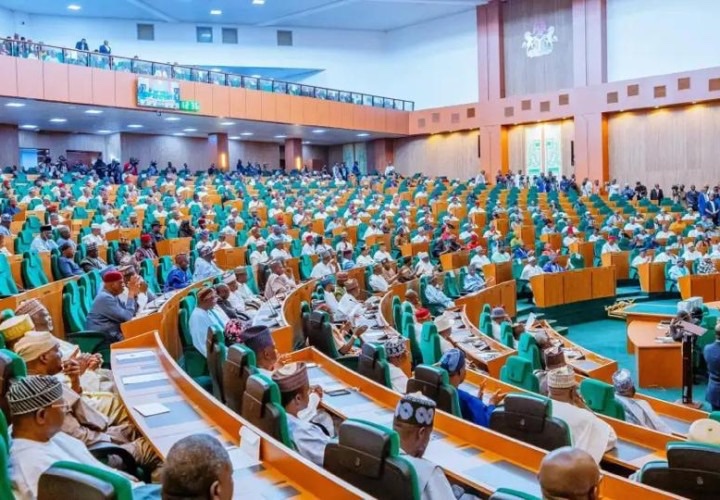
BREAKING: House of Representatives Approves $347 Million Loan for Lagos-Calabar Highway, Others

In a move that could significantly reshape Nigeria’s infrastructural landscape, the House of Representatives has officially approved a $347 million loan request from President Bola Tinubu’s administration to fund several major infrastructure projects, including the highly ambitious Lagos-Calabar Coastal Highway.
The approval, which came after a heated session on the floor of the National Assembly earlier today, is part of the federal government’s broader push to close Nigeria’s massive infrastructure gap. Lawmakers gave the nod despite growing concerns from the public about rising debt levels, inflation, and economic hardship gripping the country.
The Lagos-Calabar Coastal Highway, often dubbed the “most expensive road project in Nigeria's history,” is expected to gulp a large portion of the loan. Stretching over 700 kilometers, the highway is designed to link Lagos in the southwest to Calabar in the southeast, passing through several coastal states including Ogun, Ondo, Delta, Bayelsa, Rivers, and Akwa Ibom. It is envisioned as a strategic economic corridor, potentially unlocking billions in trade, tourism, and job creation.
According to sources close to the Federal Ministry of Works, part of the $347 million loan will also support feeder projects like the rehabilitation of existing federal roads, construction of rural access routes, and enhancement of key bridges and interchanges along the coastal stretch.
Defending the loan request before the House Committee on Aids, Loans, and Debt Management, a representative of the Presidency said the funding would come from foreign financial institutions under favorable terms, with interest rates below global benchmarks and grace periods built into repayment schedules. “This is not reckless borrowing,” the official stated. “This is a calculated investment in our national development.”
However, the loan approval has sparked mixed reactions nationwide. Critics argue that while infrastructure is important, taking on additional foreign debt at a time of dwindling oil revenue, naira volatility, and food insecurity could push Nigeria closer to a debt crisis. As of July 2025, Nigeria’s public debt has already crossed N97 trillion, according to the Debt Management Office (DMO).
Lagos-based economist Dr. Henrietta Obika described the move as “a dangerous gamble.” She warned: “This road will take years to complete, and repayment will start long before Nigerians feel its benefits. We are loading the next generation with liabilities they did not sign up for.”
Still, supporters of the Tinubu administration, including key lawmakers in the ruling All Progressives Congress (APC), hailed the approval as a “visionary step.” House Majority Leader Julius Ihonvbere said: “We must think big to grow. The coastal highway will revolutionize logistics, boost intra-African trade, and finally connect underserved communities.”
The Lagos-Calabar highway has not been without controversy. Earlier phases of the project triggered displacement concerns, especially in Lagos where several businesses and beachside resorts were marked for demolition. Civil society groups have accused the federal government of failing to conduct a full Environmental Impact Assessment and holding opaque discussions on compensation for affected citizens.
As construction gears up—powered by this fresh injection of funding—the Nigerian public is left to weigh the costs and promises. Will this highway finally open up Nigeria’s coastal potential, or will it become yet another elephant project funded on borrowed time?
— Busterblog.com


